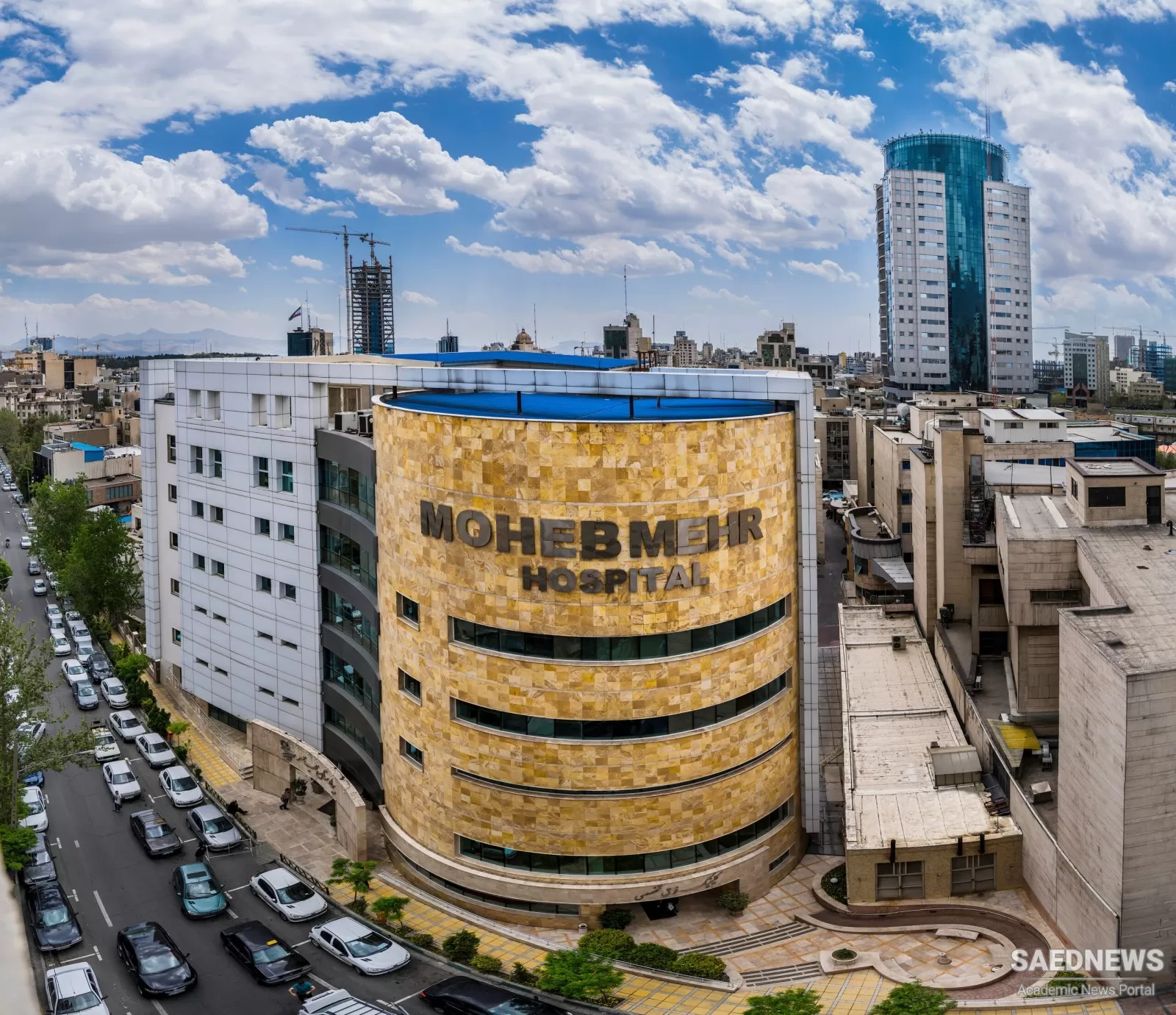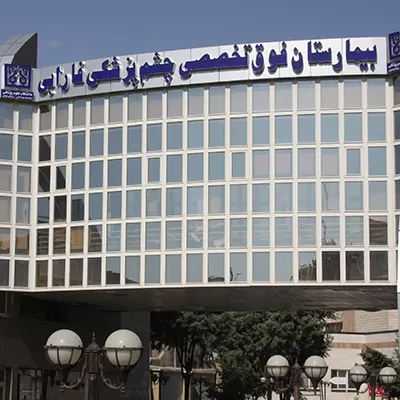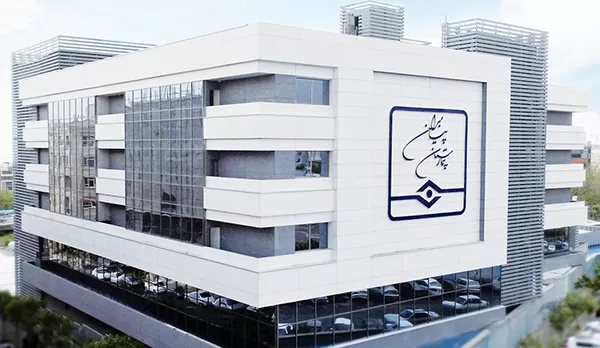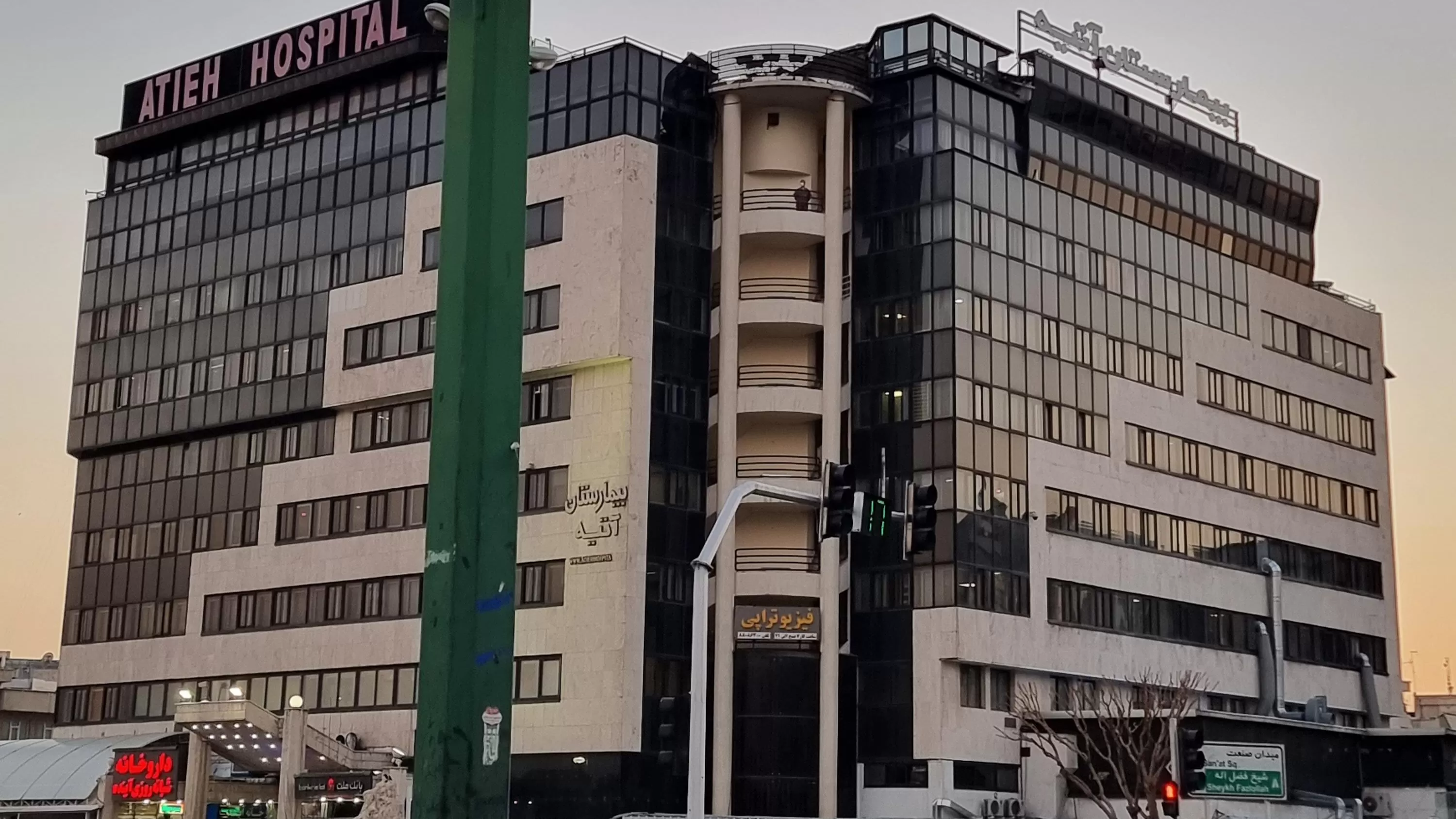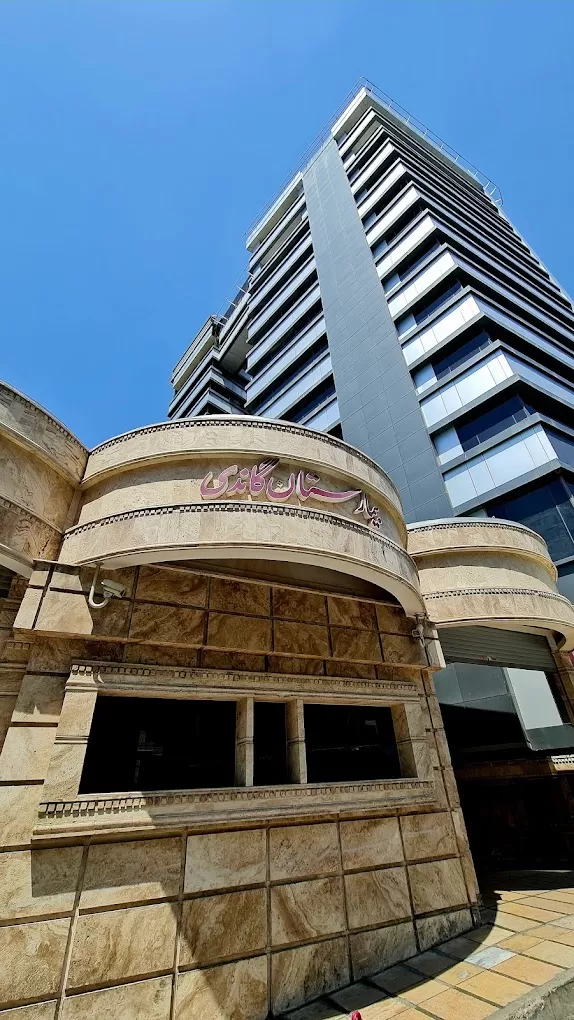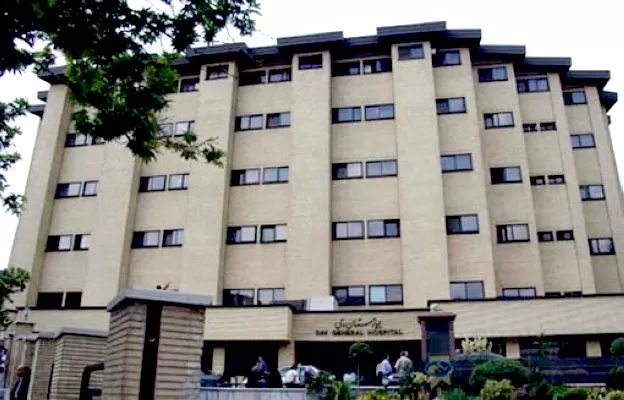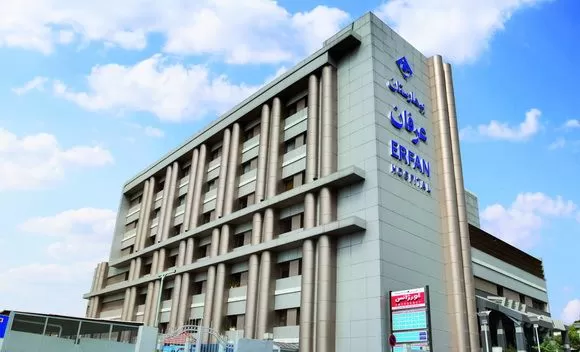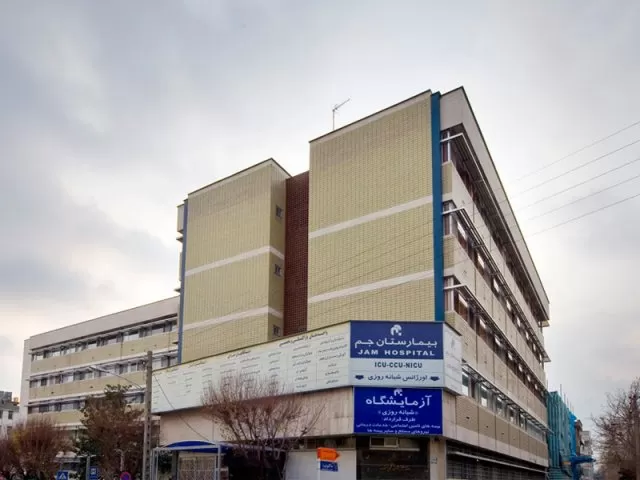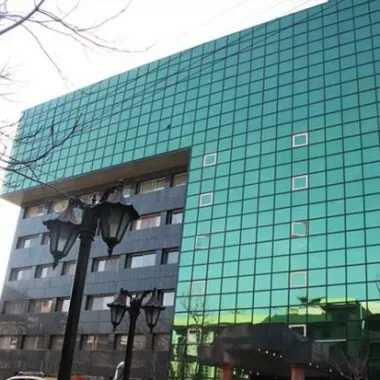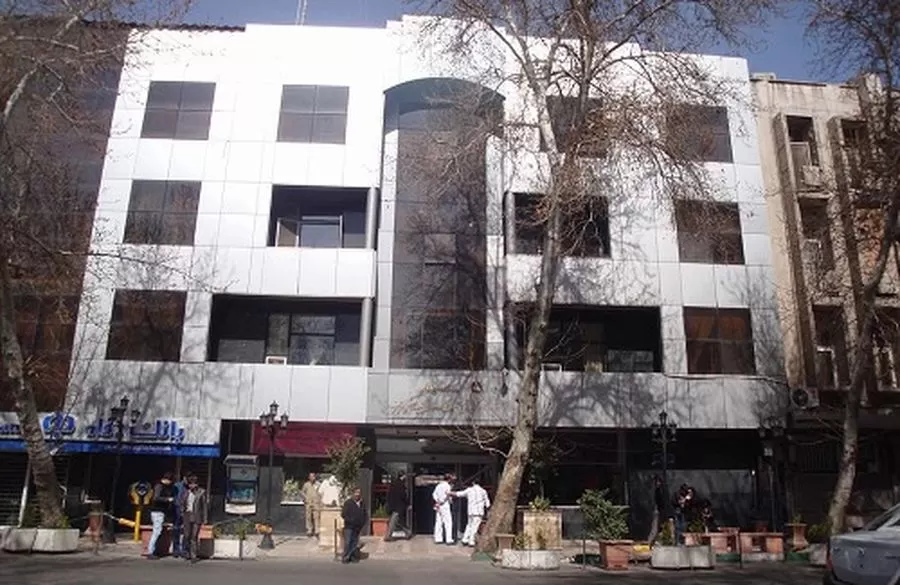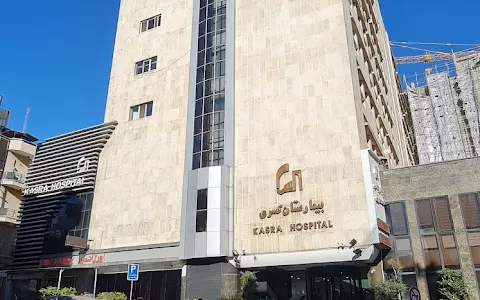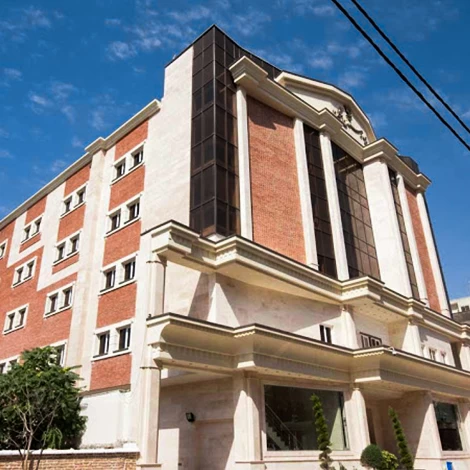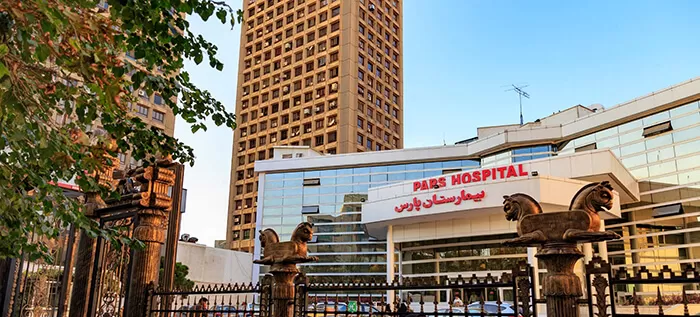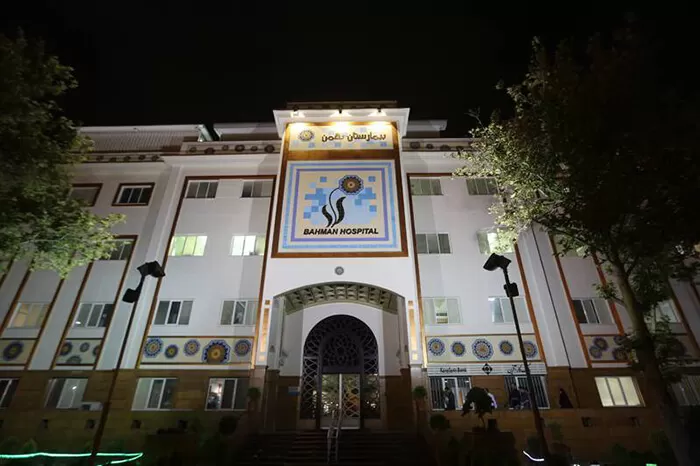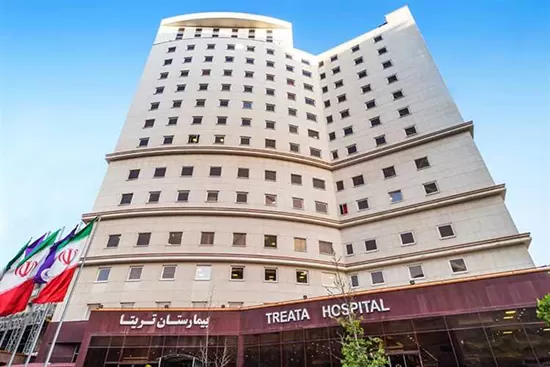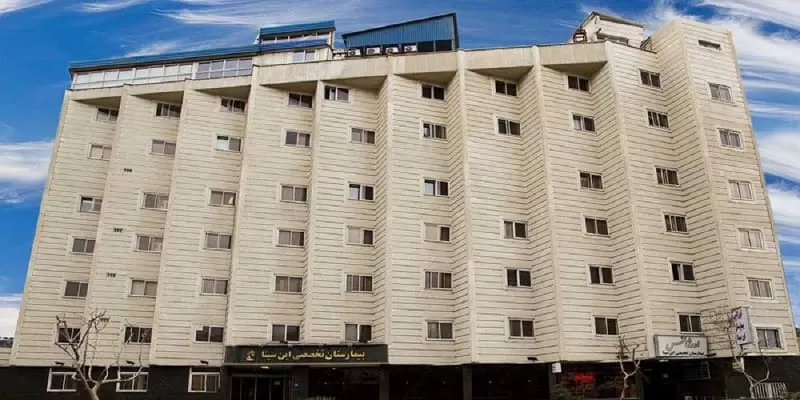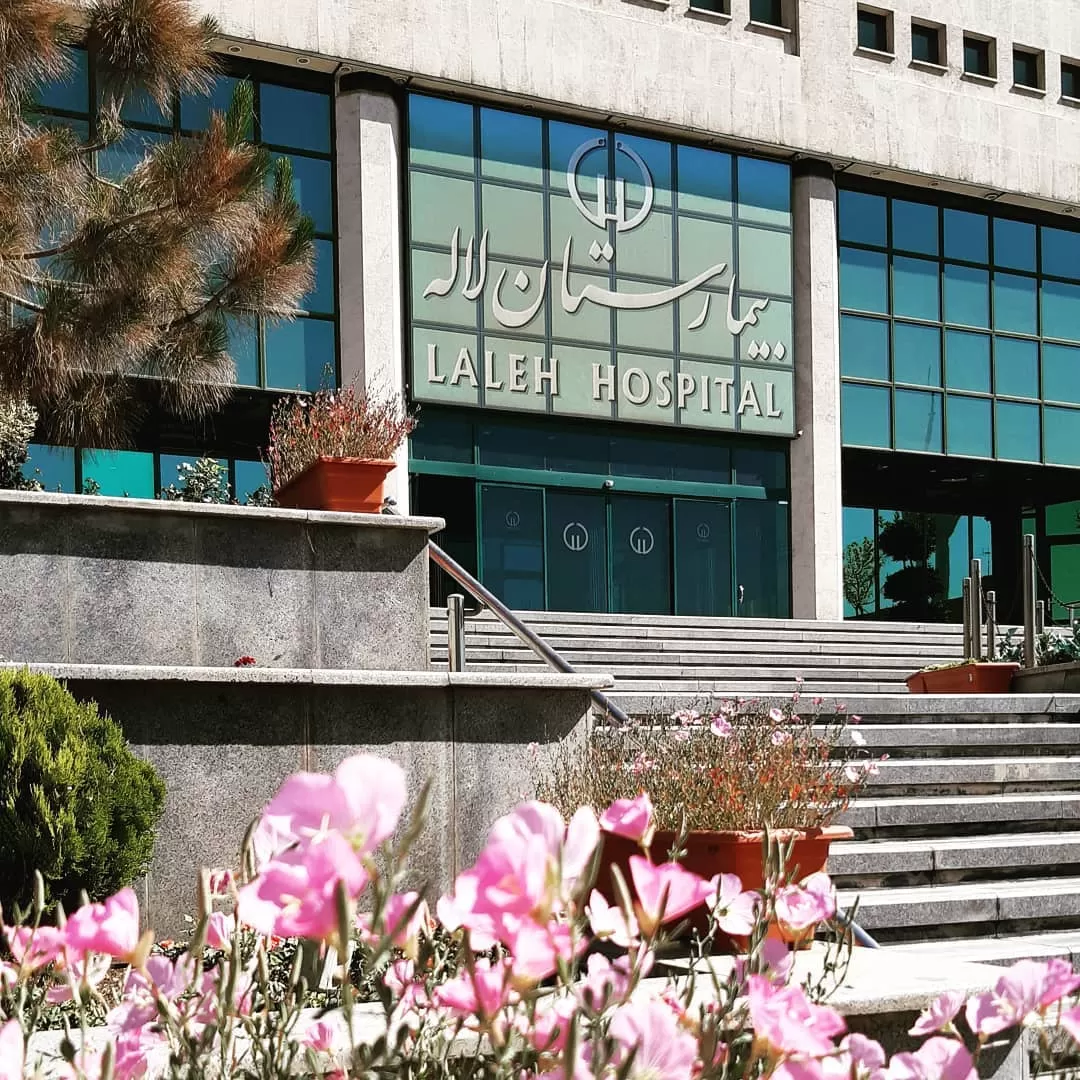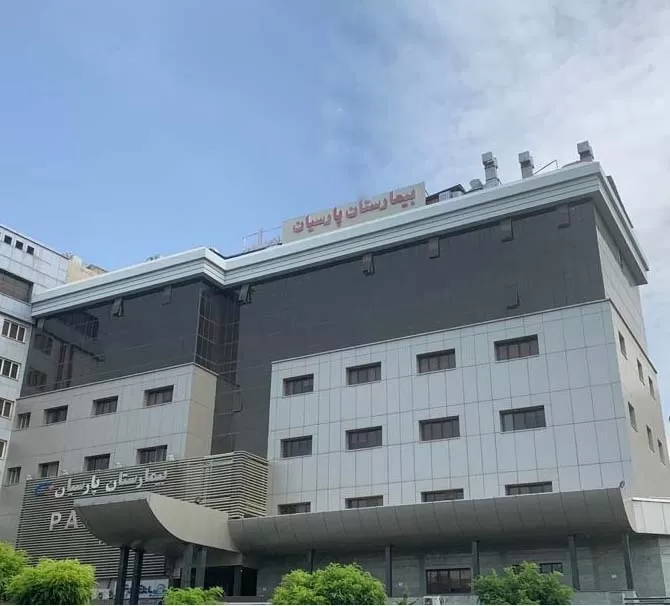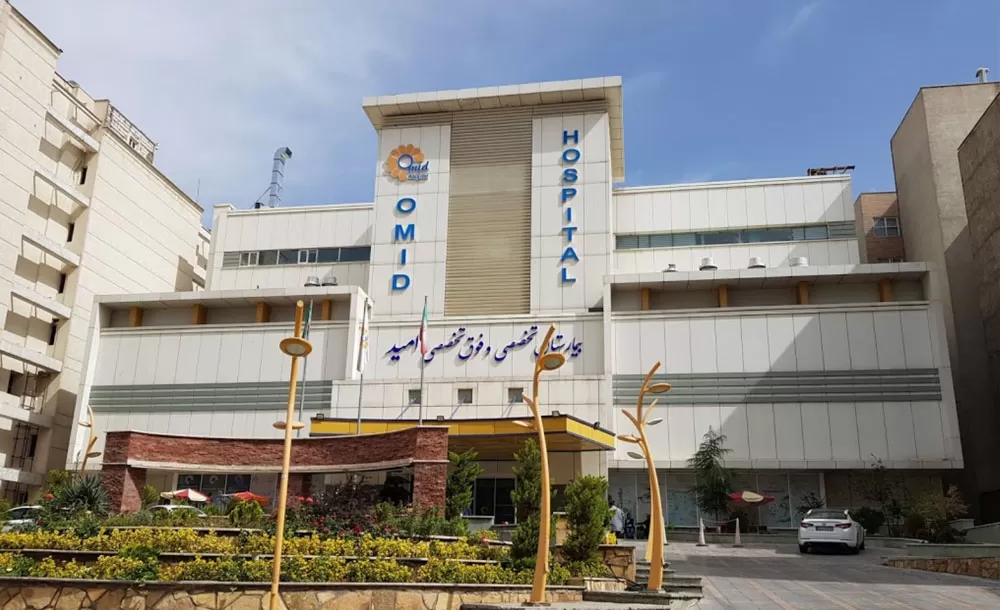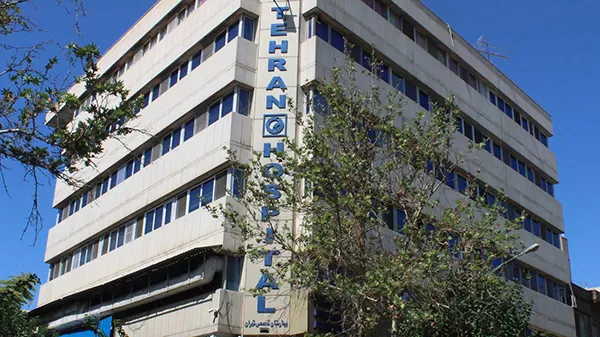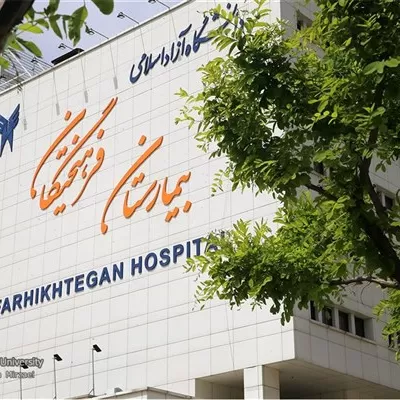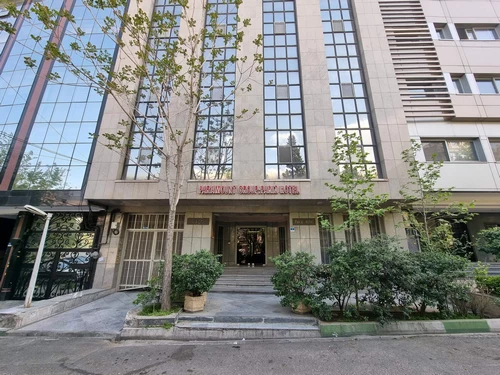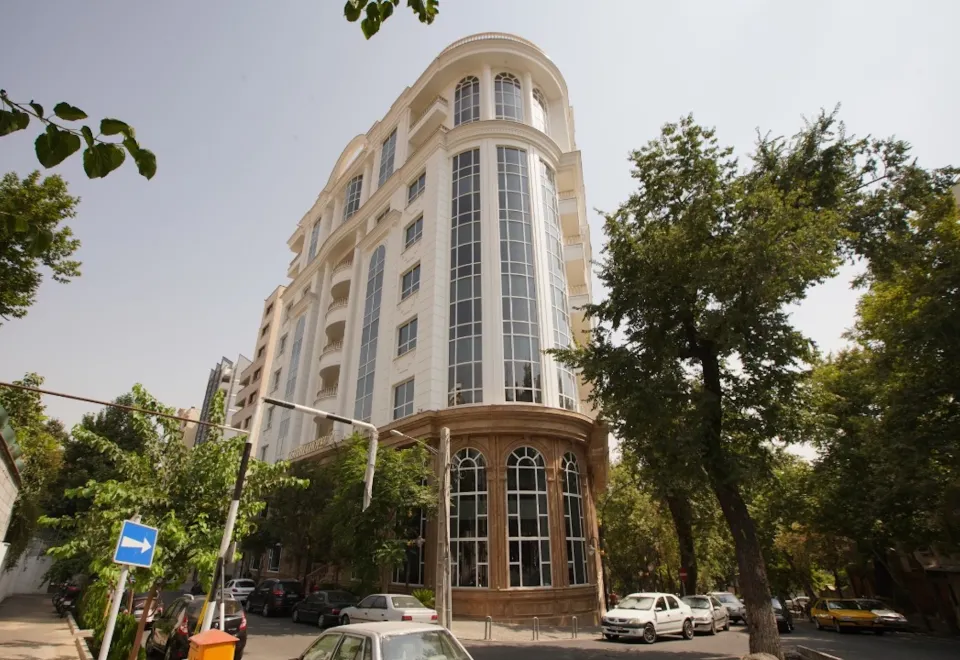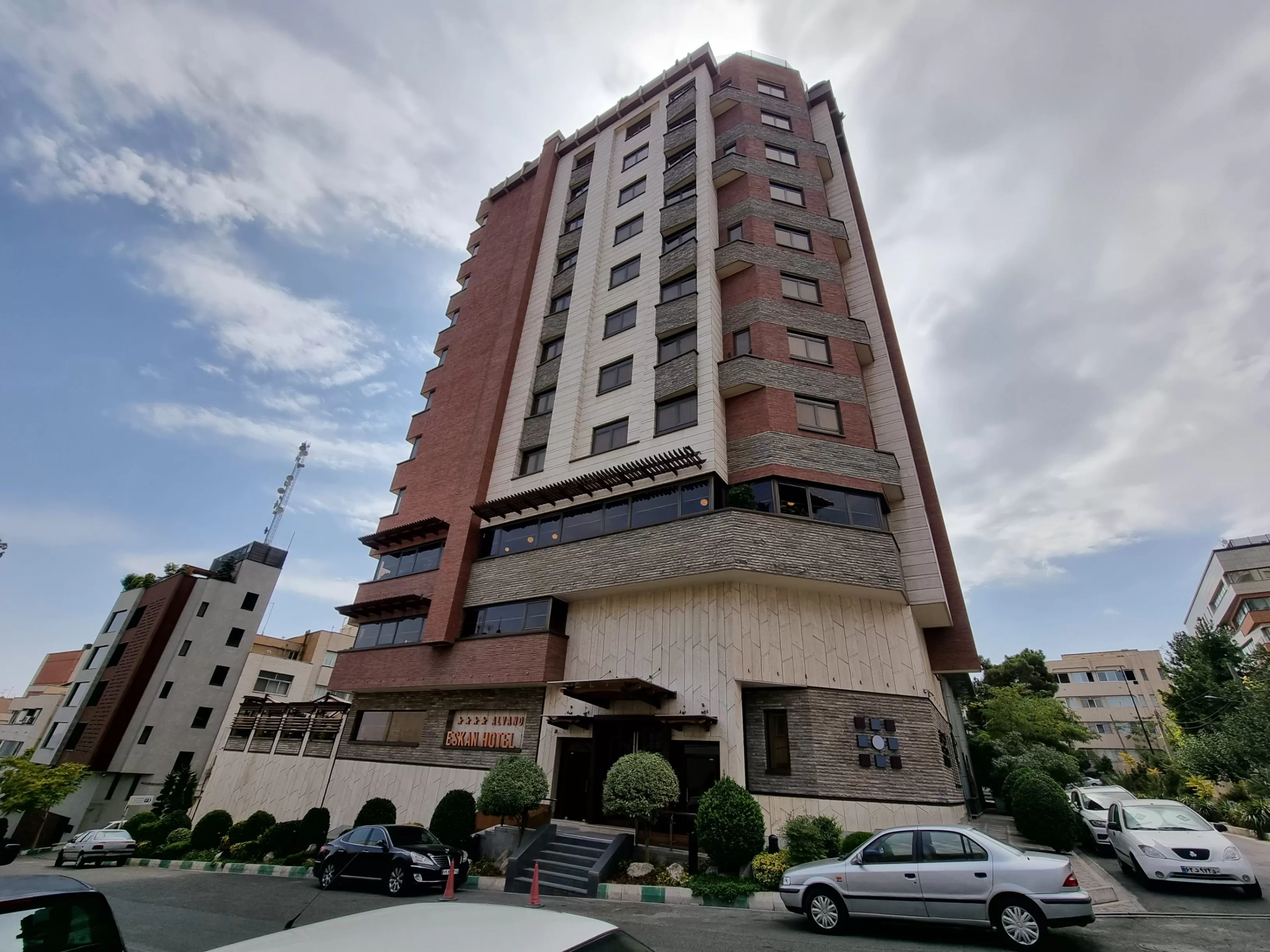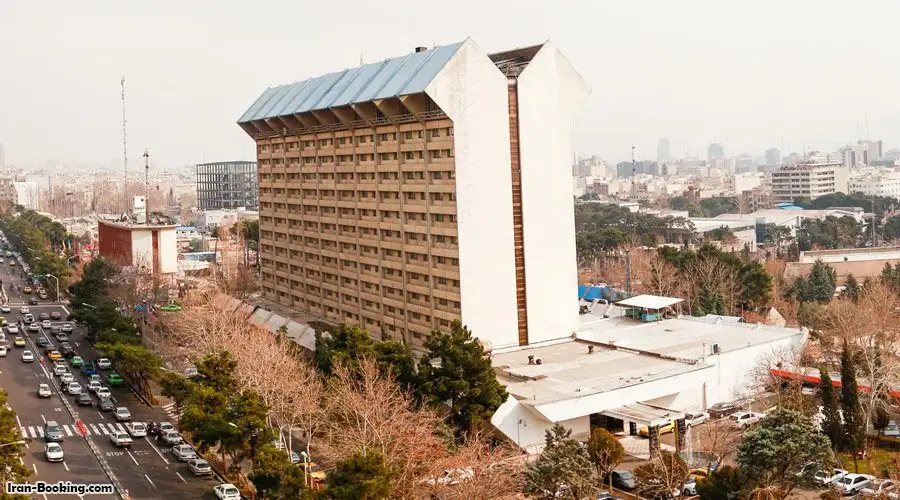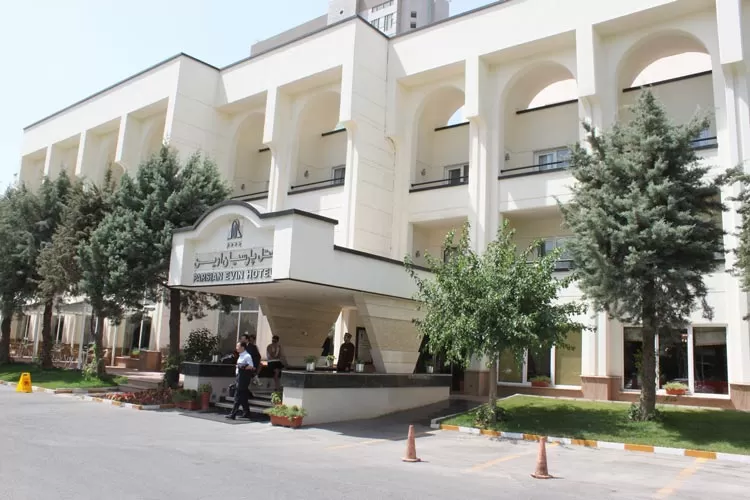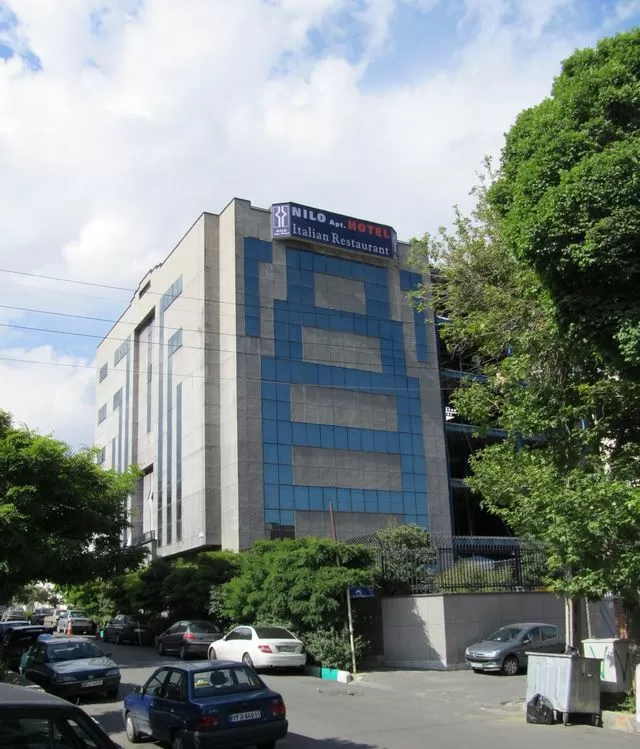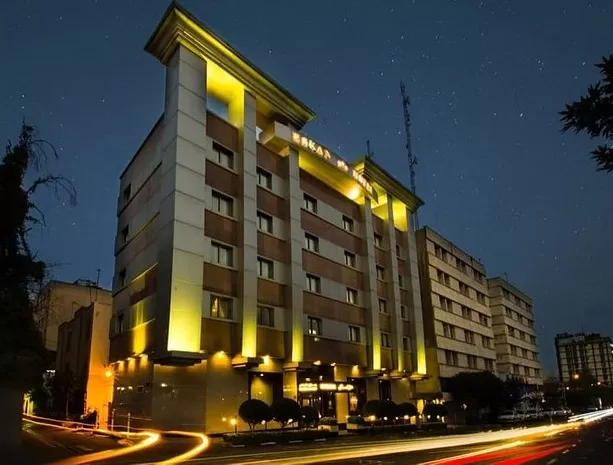Stomach cancer is an abnormal medical situation in which the growth of cancerous cells begins in the stomach location. The stomach is a muscular pouch placed in the upper middle of your abdomen, below the rib cage. The stomach receives and holds the food that is eaten and then helps to break down the foods into small pieces and mechanical and chemical digestion. Stomach cancer also called gastric cancer, can happen in any part of the stomach. In most cases, stomach cancers form in the main part of the stomach which is known as the body of the stomach. Where the cancer growths in the stomach are one of the most important factors physicians consider when deciding about treatment options and prognosis. Treatment mostly includes surgery to remove the cancerous areas of the stomach. Other types of treatments like radiation may be suggested before and following the operation.
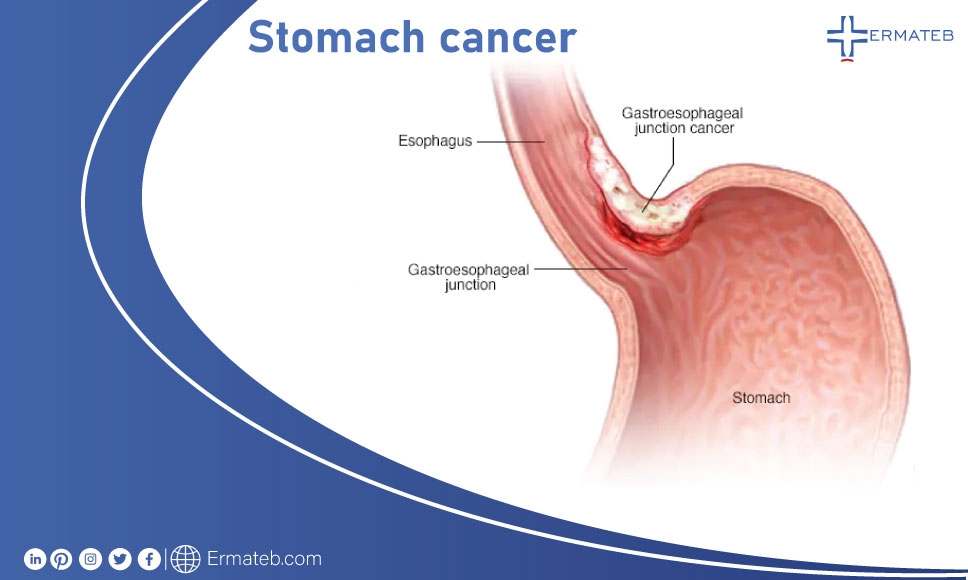
Symptoms
The most common signs and symptoms of stomach cancer among patients are:
1. Difficulty swallowing
2. Feeling bloated after eating
3. Feeling full after eating small amounts of food
4. Heartburn
5. Indigestion
6. Nausea
7. Stomach pain
8. Unintentional weight loss
9. Vomiting
Risk factors that increase the possibility of stomach cancer
Factors that increase the possibility of stomach cancer are:
1. Gastroesophageal reflux disease
2. Obesity
3. A diet high in salty and smoked foods
4. A diet low in fruits and vegetables
5. Family history of stomach cancer
6. Infection with Helicobacter pylori
7. Long-term stomach inflammation (gastritis)
8. Smoking
9. Stomach polyps
Easy prevention methods of stomach cancer
For reducing the risk of stomach cancer, you are able to follow each of the suggestions mentioned below:
1. Maintain a healthy weight. If you have a higher BMI or you are overweight or obese, discuss with your physician about methods to help you lose weight. Your goals should be a slow and steady weight loss of 1 or 2 pounds a week.
2. Choose a diet full of fruits and vegetables. Try to consume more fruits and vegetables into your diet every day. Try to choose a wide variety of colorful fruits and vegetables.
3. Try to the reduction of the amount of regime full of salty and smoked foods you consume. Protect your stomach against stomach cancer by limitations of these kinds of food habits.
4. Stop smoking. If you smoke, quit it as soon as possible. If you don't smoke, don't start it. Smoking increases your risk of stomach cancer, just like many other types of cancers. Quitting smoking can be very difficult because patients are addicted, so ask they can discuss with their physician about various ways for help.
Talk with your physician about your risk factors for stomach cancer. Tell your doctor if you have an increased risk of stomach cancer. People with a strong family history of stomach cancer might consider screening tests and examinations, such as endoscopy, to look for signs of stomach cancer.
Diagnosis of stomach cancer
Different screening tests and procedures utilized to diagnose stomach cancer are explained:
1. A tiny camera is utilized to see the inside of the stomach which is also called an upper endoscopy. A thin tube containing a tiny camera is passed down the patient's throat and into the stomach. The physician is able to utilize it to search for signs of cancer.
2. Removing a sample of tissue for testing or biopsy. If any suspicious areas are found during the upper endoscopy, special tools are used to remove a sample of tissue for extra testing. The sample is sent to a pathologic lab for cytologic analysis.
3. Imaging tests. Imaging tests used to look for stomach cancer include CT scans and a special type of X-ray exam called a barium swallow.
Many patients who are involved with stomach cancer can not be completely cured, but it is still possible to relieve symptoms and improve quality of life using chemotherapy and in some cases radiotherapy and surgery. It is important to increase the ten years survival after diagnosis. If operable, surgery can cure stomach cancer as long as all of the cancerous tissue can be removed.
These are some of the necessary information about stomach cancer that a woman has to know. If you have read the article and find out that something is missing to be mentioned ask our professional experts in Ermateb's medical tourism group. You can also read about other types of cancers on the website. We'll be glad to be connected to you.


 Arabic
Arabic
 German
German
 Persian (Farsi)
Persian (Farsi)
 Russian
Russian
 Urdu
Urdu
 Beauty
Beauty
 Medical
Medical
 Hotels
Hotels
 Hospitals
Hospitals







